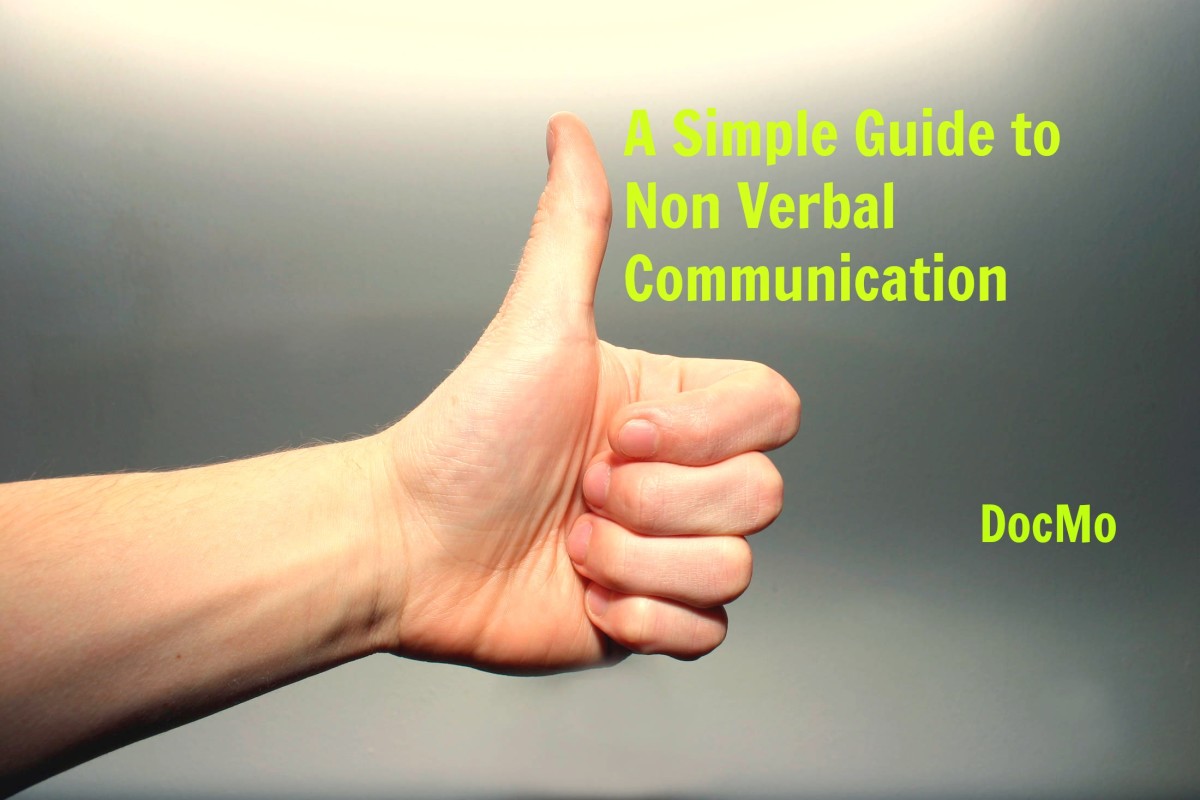Understanding Relationship Communication

Why do people fight?
Does everybody really understand why people fight even when they grow up? A couple may argue about money but arguments may differ between a parent and a child. People may talk back against each other, fight over traffic or even argue about opinions. We can see it in the news, TV shows and even in kids’ animation programs that people argue most of the time. But do we really have to fight? Perhaps, this can be linked to our understanding about the importance and effects of relationship communication in our life, career and its impact to our society.
Relationship is a connection between two individuals or group of people, wherein their ability to express themselves plays a major role in their everyday living. Communication is how we convey our thoughts, ideas, or feelings to others. It is not only the process of expression but it is also coupled with the ability to listen. This is important in all types of a relationship.
You cannot have a relationship without communication or having a communication without creating a relationship, which is why, these two are always joined together. . . a RELATIONSHIP COMMUNICATION.
People put a lot of effort in communicating, may it be in a verbal or nonverbal form. Basically, an effective verbal communication is saying our message through the use of right words such as “You would look good if you put on some make-up” instead of telling the other person “You look ugly.” Using the right words would not offend somebody and we will not eventually sound so tactless. Whereas, an effective nonverbal communication is using the right body language to convey our message such as crossing your arms instead of yawning if you want to tell your visitors to go home because it is already late at night. These two gestures can mean the same thing that you’re no longer interested in the discussion.
What we say and how we say it contributes to the experience of others that may shape their opinion about us. Even if we don’t say anything but our gestures and facial expressions can send a strong message to others. Our ability to listen contributes to how we understand other people’s message that affects our impression towards them that eventually creates our relationship with them. For instance, when a child talks to their parents who are busy doing other chores and doesn’t pay attention then that child might develop the impression that his parents doesn’t love him anymore. This simple incident may result to a bigger problem in the future that is having a feeling of neglect within the child. However, there are a lot of listening techniques, which can be discussed in our succeeding articles that can help improve our communication skills.
Here are tips that can be used to have a successful communication in any relationship, which can be acronym in one word T-A-S-K.
Think first before you say it
- Always be sensitive to the feelings of others everytime you talk or make any gestures. Be sure not to offend the other person. As the saying goes “count 1 to 10 first before you react on something.” This also includes trying to control your temper such as getting angry so fast and saying things that you will later regret. People would appreciate it better if a person is more composed and calm. Collect your thoughts first because in this way, it would lessen any mistakes.
Avoid using too much body language
- If possible, always smile and do not frown when you talk. A happy face makes a happy day. Do not use too many gestures because it is sometimes annoying. It may be possibly be misinterpreted by the other person. There is also a tendency that what you are saying may be construed differently if your body language shows a conflicting message. People who are hearing it may take it as something else or in another meaning.
Simple and concise message
- Make it certain that the message gets through the other person. Use laymen’s term and don’t make the discussion complicated. Avoid going around the bush and don’t use flowery words. It sometimes makes the conversation irritating and confusing too. For instance, don’t say “you are loquacious” when you can say “you are talkative” that is using simple terms. A person expresses his thoughts at a different level when he talks to a child than to an adult.
Keep it clear
- Make sure your message is understandable. Try to ask questions to verify that he/ she understand the discussion. It can ensure you that both or all persons involved are in the same page, which means that everybody grasp everything clearly.
It is our individual TASK to make sure that we contribute to the development of a strong relationship through useful communication. Any couples, families, friends, or groups who want to have a strong and harmonious relationship should know the importance and details of an effective communication in a relationship. The kind of a relationship communication we have in our family helps build the values and attitudes of our children that definitely contributes to our society. How we talk and deal with our friends and co-workers shows our people handling skills that can be a factor in determining the success of our career.
Perhaps, we can tackle the significant signs of a failing relationship in our next article. This would help us evaluate if we are in the merge of a failure in the middle of our family and career life.
Please click this link to view other articles.
- TINA V on HubPages
Tina, as she is fondly called by her family, friends and colleagues, is a Psychology and Business Management Graduate. She also studied Guidance...





